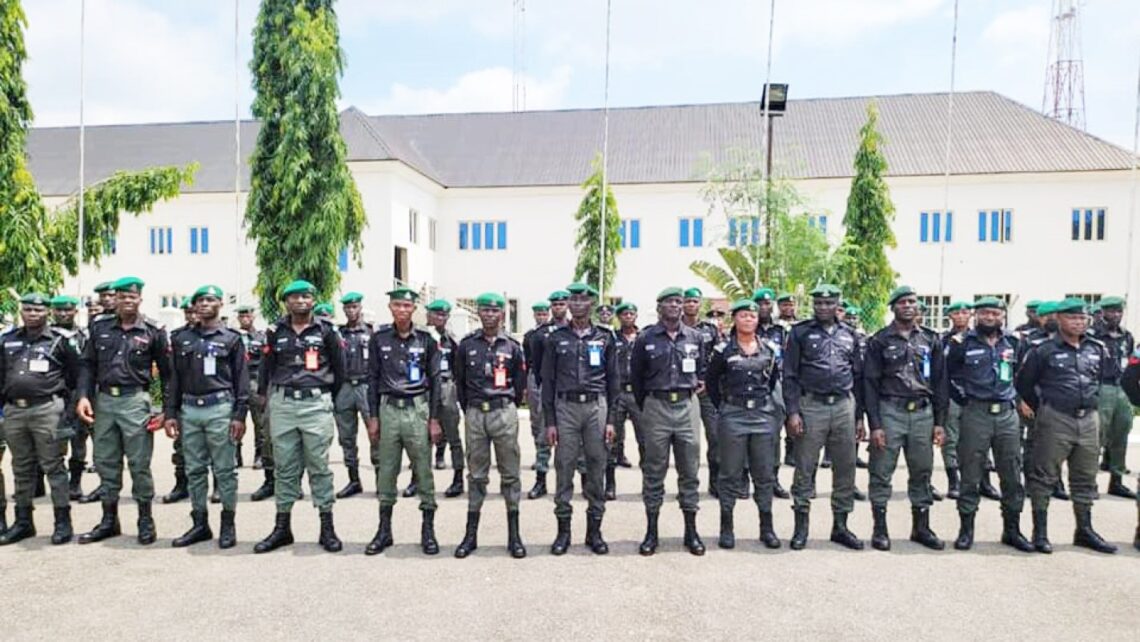The role of the police in any modern society cannot be over-emphasised. The unraveling insecurity situation in Nigeria accentuates that fact.
Over the past several years, the security situation in the country has degenerated to the extent that the army has had to be called in to play some of the roles that are traditionally reserved for the police.
The police, typically, are responsible for maintaining public order and safety, enforcing the law, and preventing, detecting, and investigating criminal activities. These functions are known as policing. Police are often also entrusted with various licensing and regulatory activities.
With the above functions to perform in society, in most cases, the police can only meet up with their responsibility to the extent they are empowered.
In 2006, an analysis by the United Nations, which is held standard to date, indicates an approximate median of 300 police officers per 100,000 inhabitants. Only nine countries disclosed values lower than 100 officers per 100,000 inhabitants. The highest median of police officers, approximately 400, was observed in West Asia, Eastern and Southern Europe.
Going by that standard, Nigeria, with current police staff strength of approximately 371,800, according to Wikipedia, and an approximate population of 210 million, has a ratio of one police officer per 566 persons. By global standards, that is far higher than normal, especially considering the fact of increasing violence in the country.
It is worth noting that many active police officers in Nigeria are attached to rich and influential personalities, banks and other institutions of interest, leaving relatively few officers to protect an increasingly growing population.
Moreover, an effective Nigeria Police requires being well equipped such that the institution would exert a monopoly of violence when there is need for such.
Some economic observers have noted that Nigeria’s thinly stretched police force has left many communities vulnerable to armed banditry, kidnappings and other vices in society that are having a huge toll on the larger economy.
The economics of adequate policing dictates that when more police officers are employed and adequately equipped, the entire society benefits. That is because when more police officers are engaged, the rate of unemployment will be reduced, which will go some way in reducing social crime.
Moreover, more cities and communities will become safer to carry out economic activities without fear of losing investments, lives and property to crime.
Without a doubt, the current cost of containing crime and violence across the country is much higher than would be if the Nigeria police were substantially beefed up and equipped to protect cities and communities.
Not only is the extant negative impact being felt across the nation, but also the long-term impact of economic loss, the cost of rebuilding trust, the cost of loss of school hours, loss of precious lives, to name a few.
It would make more economic sense to invest in an enlarged and well-equipped Nigeria police to stave off daily increasing and emboldened crimes in our cities and communities than to approach the worsening security situation in a dawdling manner.
Granted resources are scarce, investing in the Nigeria police would be a proactive measure, which would be better than a reactive measure.
It is important to do that considering the fact that over the next few months, with the 2023 elections fever gathering heat, there will be violence. A beefed up and well-equipped police force would impact positively on the bigger issue, ensuring the conduct of the elections is praiseworthy, which would be a better public relation on Nigeria’s maturing democracy.





